Echoes of Juneteenth Haunt Us Today
 Wednesday, June 20, 2012 at 10:17PM
Wednesday, June 20, 2012 at 10:17PM An old but still relevant article from 2003.
The bittersweet holiday of Juneteenth reminds us that getting rights on paper is a far cry from getting them in practice.
By: Joseph "Jazz" Hayden for AlterNet.org
While this 138-year-old tale might at first seem like ancient history, echoes of the Juneteenth story resonate in the struggles people of color face today. Getting rights on paper, Juneteenth reminds us, is a far cry from getting them in practice.
That's what makes Juneteenth so bittersweet. On the one hand, it honors a great advance for African Americans -- gaining the rights of citizenship, especially the right to vote. But it also marks the beginning of an era in which whites imposed countless discriminatory laws, like poll taxes, literacy tests and grandfather clauses, meant to keep blacks powerless.
Many of these overtly discriminatory state laws have been called out as racist and unconstitutional, and have been wiped from the books. However, there is at least one notable exception: felony disenfranchisement laws.
Felony disenfranchisement laws are state-level rules that strip voting rights from citizens who have been convicted of certain crimes. If you commit a crime, these laws say, you lose the vote. There are no federal guidelines about them, so their harshness varies from state to state. The most extreme states -- such as Florida, Alabama, Mississippi, Kentucky and Virginia -- bar ex-felons from voting for life.
Is it coincidence that the harshest disenfranchisement laws are mostly in former slave states? Not in the slightest. Like poll taxes and literacy tests, the ostensibly race-neutral disenfranchisement laws were created to keep blacks from voting. In 1896, for example, Mississippi lawmakers ruled that only a narrow range of offenses -- bribery, burglary, theft, arson, perjury, forgery, embezzlement, bigamy and "obtaining money or goods under false pretenses" -- made you lose the vote. Why not murder or rape? Because ex-slaves were far more likely to commit petty property crimes than serious offenses.
Southern lawmakers were not shy about their intentions. "This plan," said one delegate to the Virginia convention of 1906, which established rules similar to Mississippi, "will eliminate the darkey as a political factor in this State in less than five years."
The laws worked. One Alabama historian found that by 1903, the laws had excluded nearly 10 times as many blacks as whites from voting.
Sound familiar? Today, our "tough on crime" policies -- especially our draconian drug laws -- disproportionately target people of color. Only 14 percent of illegal drug users are black, but blacks make up 74 percent of those sentenced for drug possession. One in three black men will be jailed at some point.
This translates directly into loss of political power. Blacks are denied the vote because of criminal records five times more often than whites. Fully 13 percent of African-American men are permanently disenfranchised, and many more have temporarily lost their voting rights. Latinos are also disproportionately affected, given that 16 percent of Latino men will enter prison in their lifetime. This leaves communities of color vastly under-represented in the political process.
Many states do restore voting rights to ex-felons after they leave prison. But once you make it out, it's Juneteenth all over again. You may have technically regained the right to vote, but no one tells you. This lack of notification puts thousands of Americans in the same position as the slaves of Texas -- on paper they have rights, but if no one tells them they can exercise those rights, they remain second-class citizens.
Fortunately, there are straightforward ways to fix these problems. Contrary to popular belief, felony disenfranchisement laws are not part of the criminal justice system. They are simply state election laws, and like any other state laws, they can be amended -- or abolished. That's happening in some states. Connecticut just upgraded its laws to allow 36,000 people on probation to vote. In New Mexico -- where ex-felons used to be disenfranchised for life -- Republican Governor Gary Johnson recently changed the law to automatically restore the vote to qualified ex-felons.
Still, on this Juneteenth, 4.65 millions Americans can't vote because of laws that have explicitly racist history. It's time that felony disenfranchisement laws go the way of poll taxes and literacy tests, so that next Juneteenth we can celebrate another victory on the road to democracy, racial equality and true emancipation.
Joseph "Jazz" Hayden is the lead plaintiff in Hayden v. Pataki, a lawsuit challenging felony disenfranchisement statutes in New York. He works for Demos, a nonpartisan public policy organization.
References (3)
-
 Response: 15% off coupon code v2 cigs
Response: 15% off coupon code v2 cigs -
 Response: find out here nowEchoes of Juneteenth Haunt Us Today - The Hornblower - News, Video, Opinion
Response: find out here nowEchoes of Juneteenth Haunt Us Today - The Hornblower - News, Video, Opinion -
 Response: wen reviews amazonEchoes of Juneteenth Haunt Us Today - The Hornblower - News, Video, Opinion
Response: wen reviews amazonEchoes of Juneteenth Haunt Us Today - The Hornblower - News, Video, Opinion

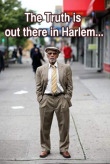
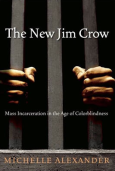



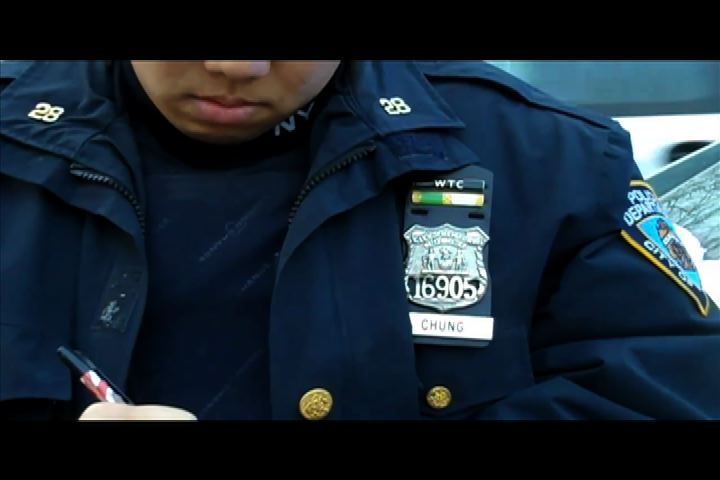
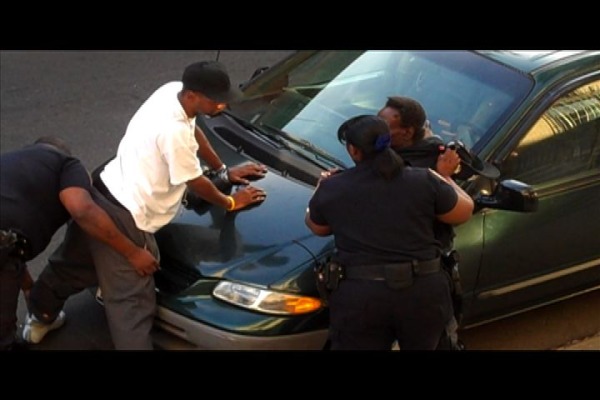
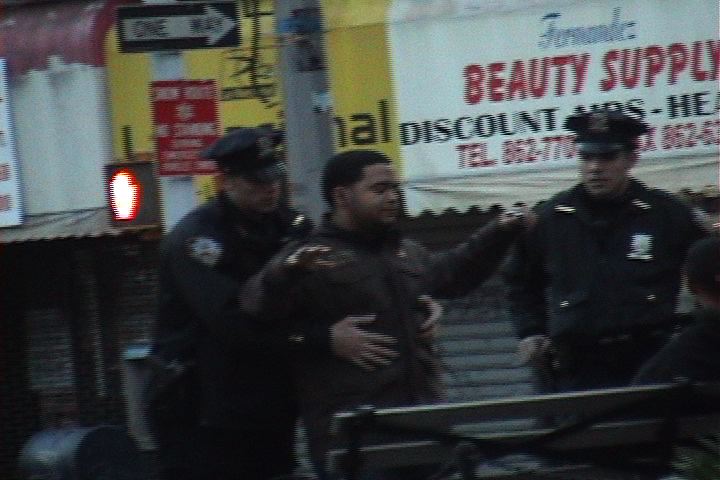
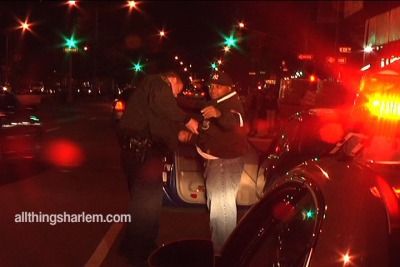
Reader Comments